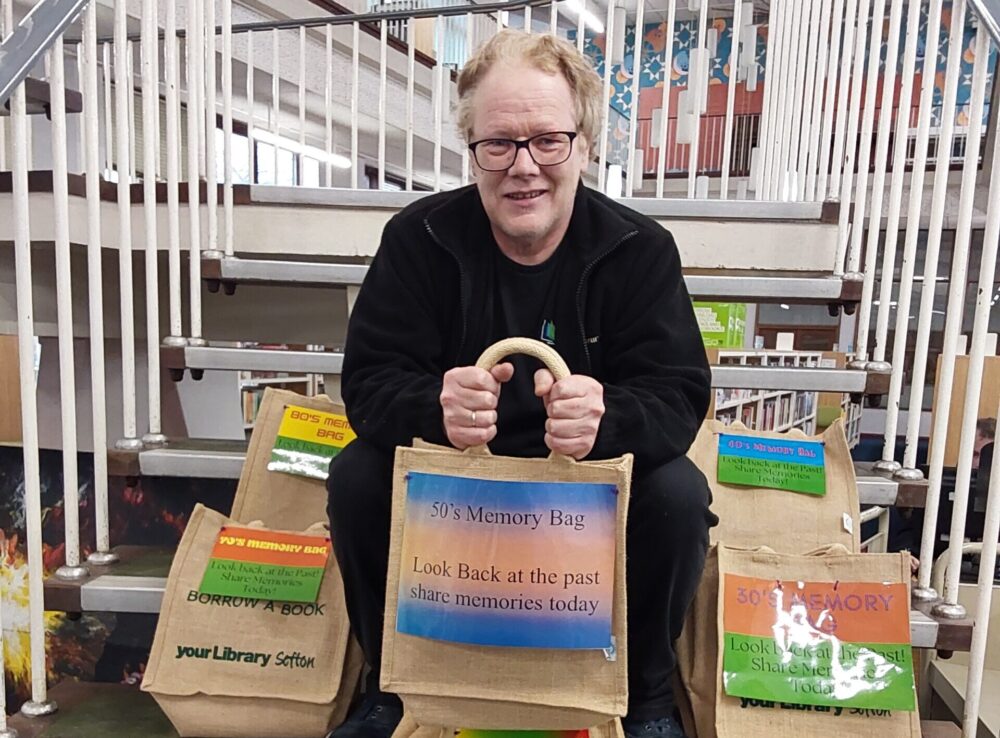
Community
Meet the Bee Man of Liverpool – and find out which five city landmarks have their own secret beehives
4 years ago
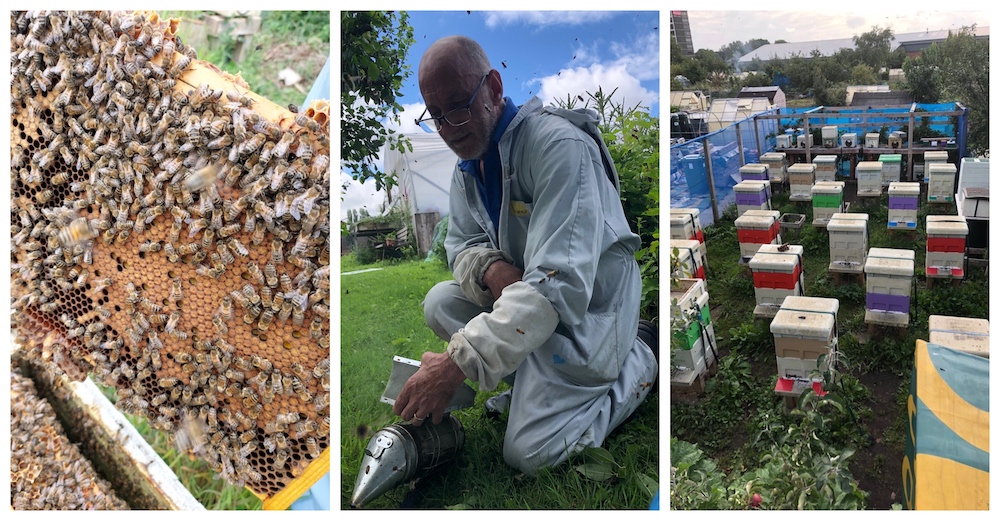
They are used to attracting visitors for different reasons, but five favourite city landmarks have all got something very special in common – their own honey-producing bees.
There are hives at both of Liverpool’s Cathedrals, Speke Airport, Knowsley Safari and, even, on the roof of new Business Quarter bar, Tempest at Tithebarn.
And the man who looks after them is the Bee Man of Liverpool, aka Martin Swift from the Beeshack.
“It’s fascinating,” says Martin. “Looking after bees is an escape. When you’re with the bees you’re not thinking about anything else in the world, and because you have to focus on them, they’re great for mental health and wellbeing.”
Early on each year, from March, Martin makes sure the bees have enough food – ‘I feed them a sugar syrup which, by the end of the month should be enough to see them through to about now’ – and, when the nectar has started to flow, he puts on the honey boxes to collect the honey.
“I visit the hives once a week, checking the frames and the position of the broods, and looking out for any disease or mites,” adds Martin.
Where the hive belongs to the building like that at Tempest, Martin bottles the honey for them to sell to customers and to use in their classic food and drink recipes.
But for the others, the majority, which belong to Martin, he produces the honey to sell, although he gives 10% of honey back to the people who site the hives.
And he says: “I also look after five hives for children’s charity KIND, for which I bear the costs, and they get all the honey – that’s my contribution to the charity.”
Albeit a business, it is a labour of love for Martin, which began as a hobby only 11 years ago after a chance meeting with a woman who traded in honey products at the then Hope Street Market.

“I thought it sounded interesting. I was a holistic therapist before,” says Martin, 58, from Fazakerley. “and I was fascinated by what she sold, and what you could make from honey. I did a beekeeping course and then got my own hive with 10,000 bees – which produced 1 ½ tons of honey a year – and it became a passion that just got busier and busier, and I so decided to concentrate on that.”
Martin runs bee-keeping courses, and he worked with Blackburne House for many years, leading projects about bee-keeping for adults, and children and young adults with special needs, which he loved.
“It started when Blackburne House had won Lottery funding to run a ‘Bee You’ course and wanted to use my bees,” he explains. “I was happy to help and then, one day, I ended up delivering a lesson and they were so impressed they offered me a job and put me through teacher training.
“I worked with them, and other colleges, for six to seven years, on various projects.”
From one hive, Martin now tends to 75 ‘from Speke Airport to Waterloo’, working from a 1,000sq ft industrial unit where he stores all the equipment and jars the honey.
“I sell online and at markets, and to stores like Delifonseca, Dafna’s Cheesecake Factory, Barnett’s Health Food Store, Aigburth Hall Garden Nurseries, and more,” he says.
“I have got hives in my allotments and in people’s gardens, as well as the various landmarks. I think for many it’s about green credentials and helping the environment.
“Bees are great pollenators (they make food production possible and, by doing so, they protect and maintain ecosystems as well as animal and plant species) and local honey is good for health purposes, like treating hayfever because particles of pollen go through into it and, by digesting tiny amounts, you build up the immune system.
“It’s incredible how different the honey tastes from one hive of bees to another only two miles away. It changes in sweetness and in colour too – at Knowsley Safari for instance, the honey is light whereas in other areas it’s really dark, and there are different flavours from citrus to mint. It will even taste different from one season to another.”

Martin goes on: “People are fascinated about bees. Few people know there are bees at the cathedrals and, when you come out in a full bee suit, you can’t get away because people want to ask you about them.
“For me it’s not about money, but the welfare of my bees and the hives. If I don’t have healthy bees, I don’t have a healthy business.
“It’s about peace of mind and doing something I love, a job I enjoy.”



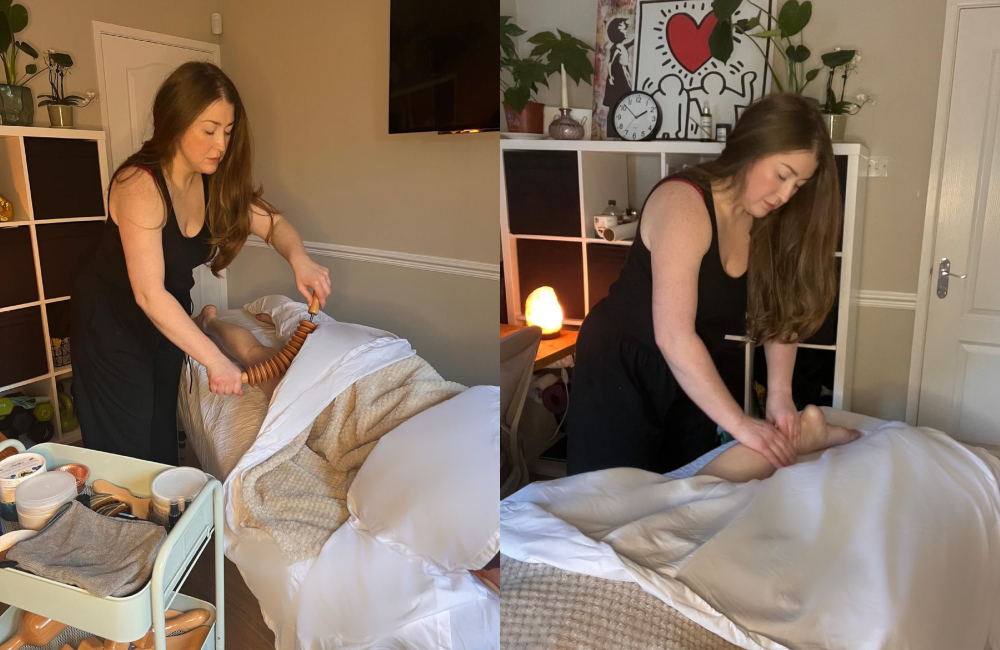
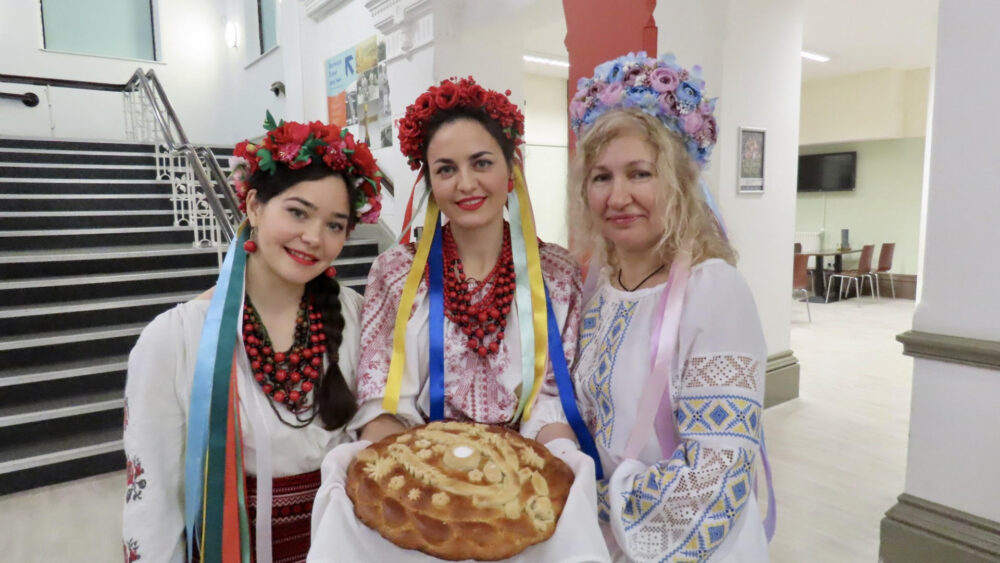
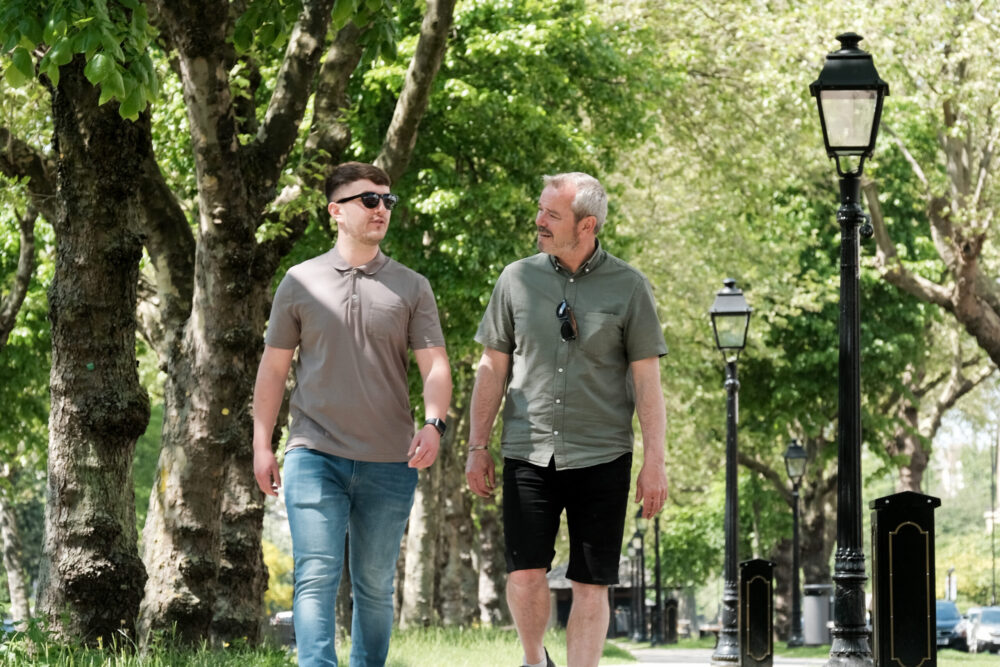
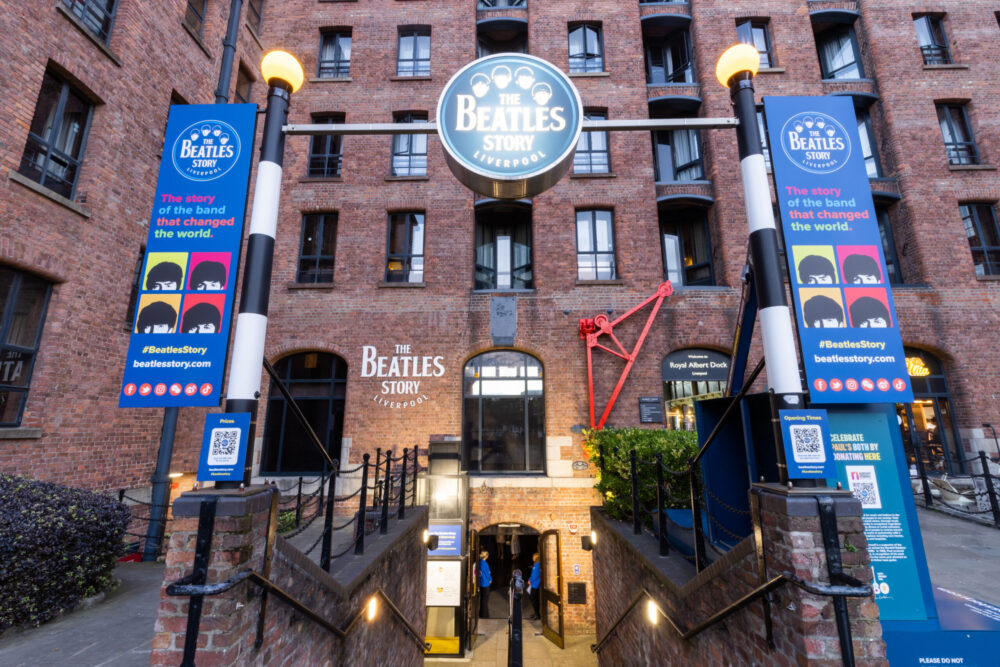


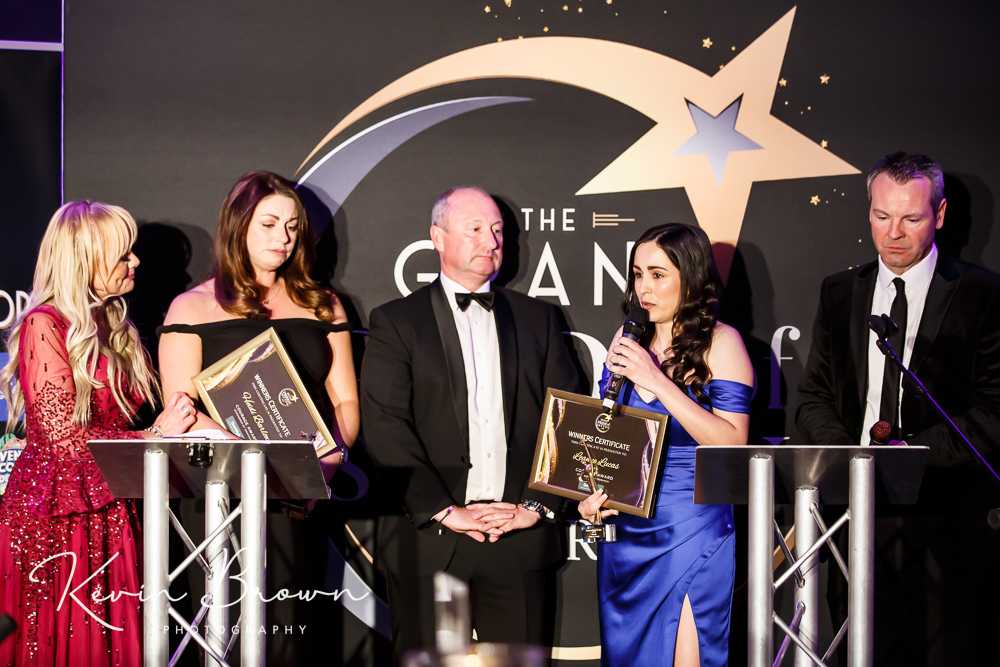
 Subscribe
Subscribe Follow Us
Follow Us Follow Us
Follow Us Follow Us
Follow Us Follow Us
Follow Us Follow Us
Follow Us











